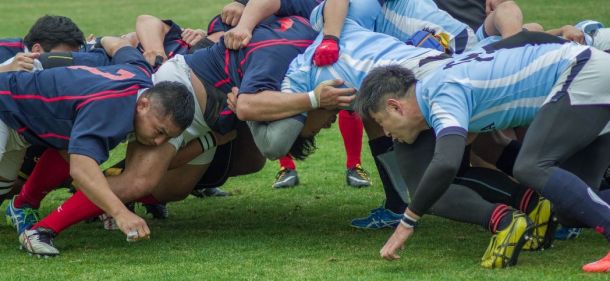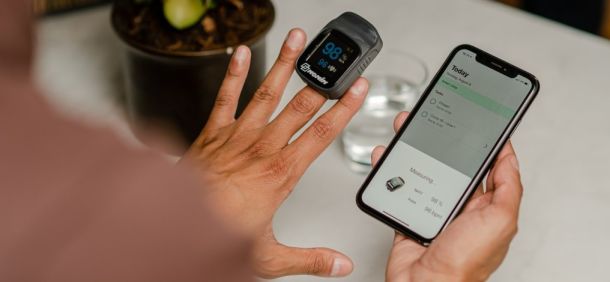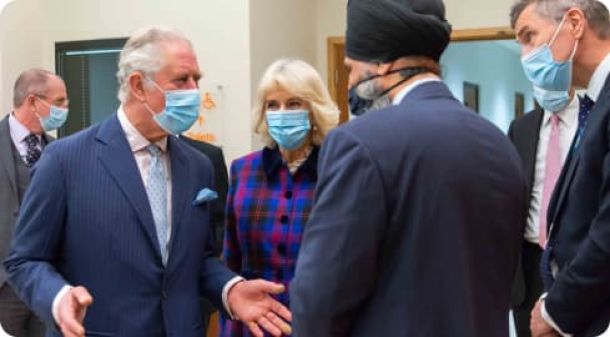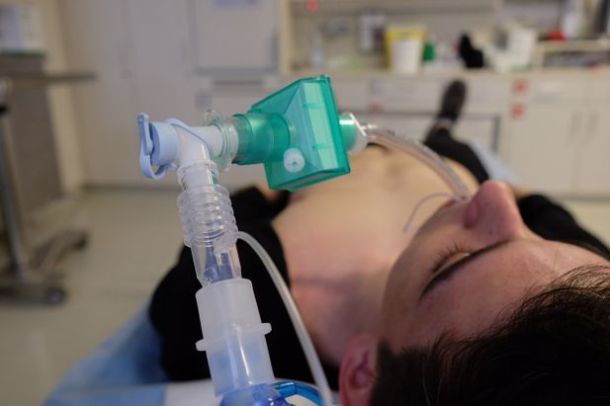
‘Rapid science’ makes custom-fitted facemasks for NHS workers
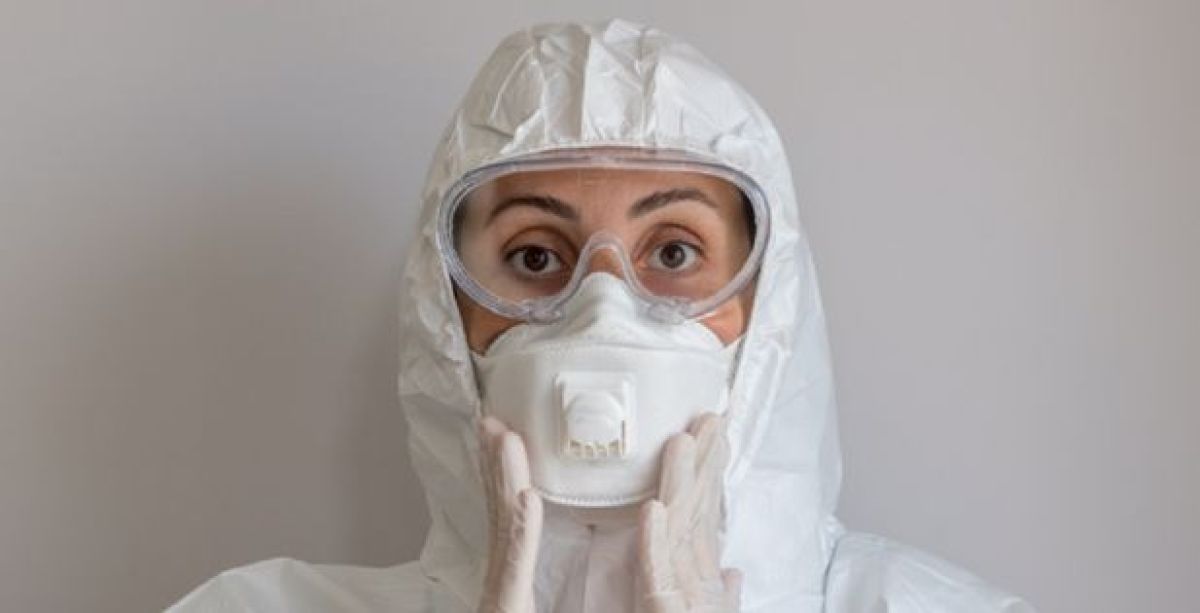
A company working with experts from the University of Birmingham and King’s College London has been awarded funding by Innovate UK to produce custom-fitted, reusable, medical grade facemasks that will fit all people regardless of age, sex or ethnicity.
MyMaskFit will focus on producing masks at FFP3 standard, which filter 99% of aerosols. The FFP3 standard is recommended in healthcare settings where there is a risk of COVID-19 transmission.
The masks will be the first fully custom-fitted, reusable, filtering face piece (FFP) masks made to this standard in the UK.
The issue of mask fit is critically important in healthcare settings, where an adequate seal is required between the mask and the face. Yet the wide variations in mask design and the inevitable variation in the shape of human faces mean that this fit can be difficult to achieve, and when healthcare staff find a mask that fits, it may not be available at the next round of supply.
Scientists from the University of Birmingham and King’s College London recognised these issues at the outset of the UK lockdown, and started a collaboration that brought together expertise in facial imaging, skin interfacing devices and 3D printing.
Starting in April, this intensive project involved Professor Liam Grover, Director of the Healthcare Technologies Institute based at the ITM, Dr Sophie Cox, Senior Lecturer in Healthcare Technologies, University of Birmingham, and Professor Owen Addison, Chair of Oral Rehabilitation, and Dr Trevor Coward, Reader in Maxillofacial & Craniofacial Rehabilitation, at King’s College London.
Supported by the EPSRC as part of the UKRI COVID-19 response, the combined team rapidly produced a promising prototype for a customised mask seal to reduce exposure risk and fitting time, while also improving comfort for professionals who need to wear FFP masks all day, every day. Both universities filed patent applications during the course of the project, and the rights to these patents are being licensed to MyMaskFit.
MyMaskFit will now take the product through regulatory approval and bring it to market to meet the growing demand for FFP3 masks. The first masks will be manufactured in Swansea, Wales.
Paul Perera of MyMaskFit, who conceptualised the project, commented: “MyMaskFit is bringing clinical knowledge, chemistry and manufacturing engineering expertise. The company is working with technology partners in the spirit of the UK’s Ventilator Challenge to accelerate the pace of innovation and development so we can supply the NHS and care homes with masks that fit their workers, who will be able to use a mobile device to scan their face, and receive a mask within 24 hours.”
MyMaskFit plans to make technology behind the mask available to developing countries. It will be assisted in this by the Emergent Alliance, a not-for profit collaboration consisting of large corporates, individuals, NGOs and Governments that aims to build economic resilience in the post-COVID world.
Dr James Wilkie, CEO University of Birmingham Enterprise, which filed the Birmingham patents, said: “This is a fantastic example of bringing university research ideas to market quickly so they can improve people’s lives as soon as possible.”
Professor Owen Addison said: “Both UKRI’s rapid support of COVID-19 responsive projects and outstanding collegial working environment between universities, industry and policy makers during this difficult time is enabling the early translation of this work which can deliver real benefit to the point of greatest need.”

